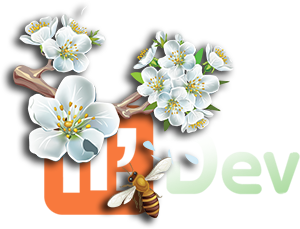Similar Content
-
Activity
-
0
LUA Questions
Hello i have a couple of questions regarding LUA scripting for a quest. 1. Can i use the npc.chat."some text" function with a function that returns a string? I tried but it didn't work. Example: ```lua npcVNUM.chat.someFuncReturningString() ``` 2. by using the 'define' keyword can i define an array on the top of the lua script? Because although i tried, when i compile my code, i get error when trying to iterate this array. When Im using the same array as a local variable there it's no problem, it compiles. Thanks for your time. -
116
-
-
2
-
16
-
0
System Wiki Kory
Hello,Can anyone help me? I had already installed this Python system in the client but I had to remove the root after a backup, now I can't insert it anymore. Can anyone help me? Syserr game.py- 1
-

-
2
[C++] Renewal For GM's /full_set Commands
It is possible not to receive objects if you do not have their level- 1
-

-
1
-
-
-
Recently Browsing
- No registered users viewing this page.







.thumb.jpg.5263e77f551ee8199876c690b4dd607e.jpg)





Recommended Posts
Please sign in to comment
You will be able to leave a comment after signing in
Sign In Now